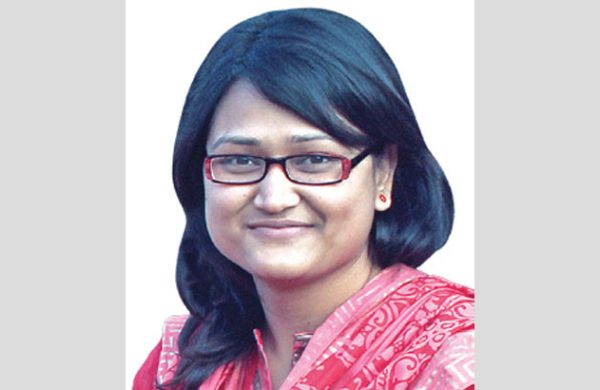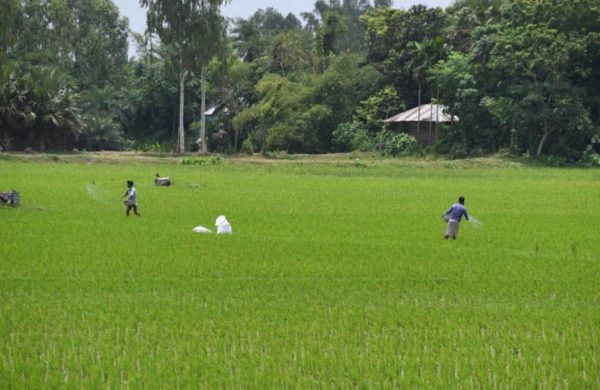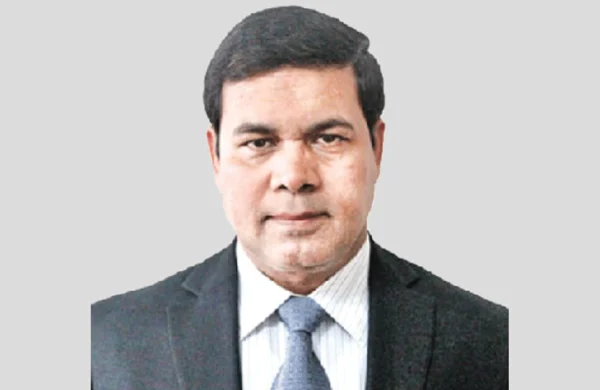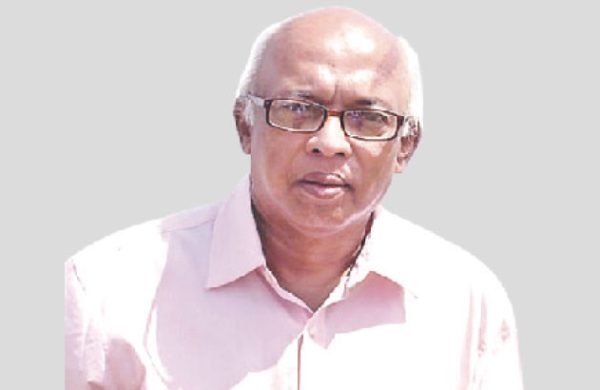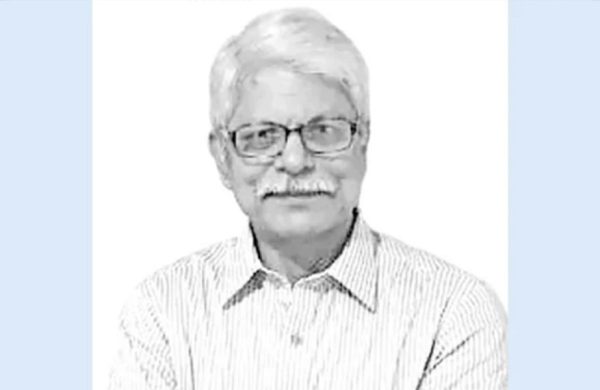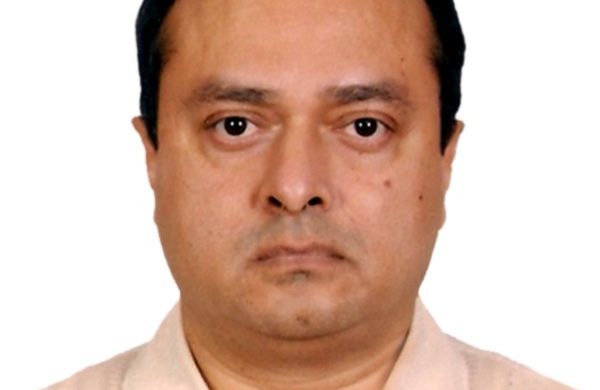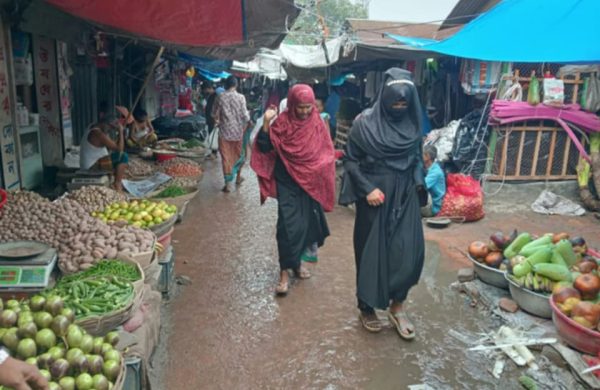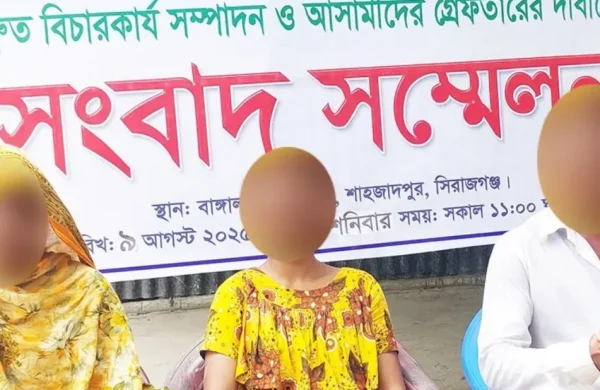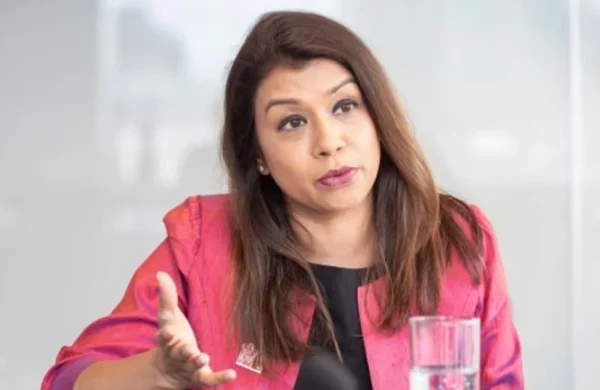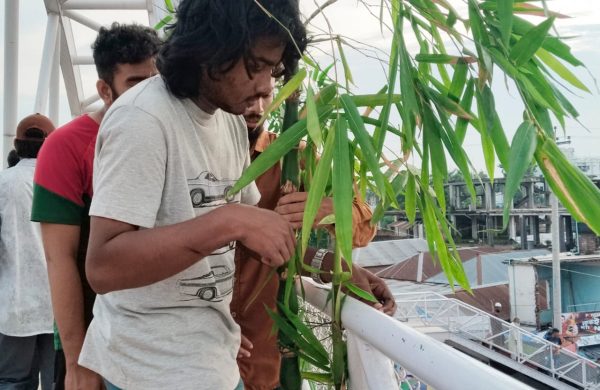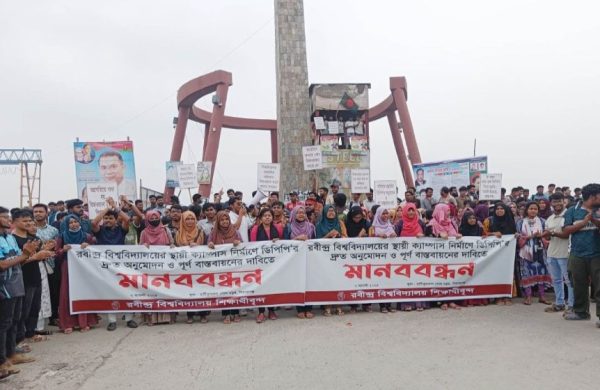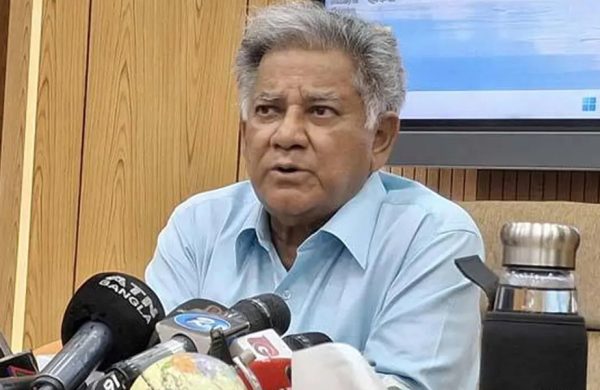The Nation’s Media in Fear and Uncertainty
- Update Time : Sunday, August 10, 2025
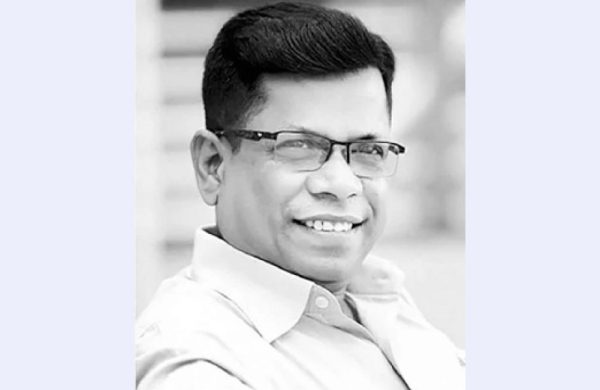
—Mostofa Kamal—
In a bleak landscape, even the faintest improvement can feel like welcome rain in a desert. That is how Bangladesh’s slight progress in the global press freedom index last year was received. Ranked 149th out of 180 countries and territories in the 2025 index, with a score of 33.71, Bangladesh’s position was seen as a rare piece of good news amid otherwise grim indicators. The year before, in the 2024 index, the country was placed 165th, with a score of just 27.64.
Since 2021, Bangladesh’s ranking on the Press Freedom Index had been on a steady decline. That year, it stood at 152nd; in 2022, it dropped ten places; in 2023, another step down; then two more places lost the following year. In that context, the 2025 position sparked a cautious optimism among journalists for a better future. But that hope now appears to be dissolving rapidly.
Violence and attacks on journalists are not only persistent—they are escalating. Like vultures circling overhead, threats seem to lurk everywhere: today in one district, tomorrow in another. The most recent and brutal example came in Gazipur, where journalist Tuhin was targeted and killed. The risks for journalists who pursue truth in the field are growing more dangerous every day. In the past year alone, 274 journalists have reportedly been assaulted for doing their jobs.
In the last seven months alone, 126 journalists have faced violence. A female journalist in Dhaka was even subjected to gang rape while gathering news. Threats and intimidation have become so routine they are barely even newsworthy anymore.
Some recent incidents have drawn the attention of the international community as well. Various global human rights organisations have voiced their concern, and Reporters Without Borders (RSF), which compiles the World Press Freedom Index, continues to monitor the situation. RSF bases its rankings on five key indicators: politics, economy, legal framework, social context, and security environment.
The government seized upon this year’s progress to tout its record. Md Mahfuz Alam, Adviser to the Ministry of Information and Broadcasting, proudly claimed that the 16-spot leap in Bangladesh’s ranking was due to the absence of government interference in the media. The improvement across all indicators compared to the previous year had generated hope that the country would advance further next year. Sadly, recent deterioration has cast a shadow over those hopes.
Within the journalistic community, anxiety and concern are growing.
For days, headlines focused on threats and intimidation directed at the media by a leader of the July Movement. The irony was not lost: such actions go directly against the ideals of July’s democratic awakening—and eventually, those issuing the threats seemed to realise as much. But that episode had barely ended when new reports of repression surfaced across various regions of the country. The threats continued, along with beatings—and now, a new phase has begun: journalists are being hacked to death.
One of the core causes behind the bloody July uprising was the demand for freedom of expression and press freedom. If anyone is aggrieved by media coverage, there is the Press Council as recourse. One can also turn to the courts under existing law. But instead of taking legal steps, resorting to threats, intimidation, lawsuits, arrests—or even murder—not only erodes democratic culture, it outright sabotages its growth.
This is also a deeply troubling signal for the government itself. Rather than enabling the media to flourish independently, such actions—whether through inaction or complicity—are striking blows against Bangladesh’s standing on the global press freedom index.
During the recently deposed fascist regime, more than 60 journalists were killed. During the July revolution alone, six journalists lost their lives in the line of duty. As the media attempts to move beyond that trauma and looks to a future where press freedom might finally be secured, we now find ourselves entering another dark chapter. This not only imperils press freedom—it raises serious questions about the rule of law and even the legitimacy of the current government.
The press, by providing accurate information and investigative reporting, can be a valuable ally to the government. Instead, journalists and media outlets are being treated as enemies. While the government should be standing beside a media landscape trembling under constant threat, it is the media that is being hunted and brutalised. How the authorities who compile the press freedom index will interpret these realities remains to be seen—but there is no denying that the situation is deeply worrying.
Who knows how far Bangladesh’s media will fall in the next index ranking? Perhaps all the way to the bottom—under a regime whose leader once won the Nobel Peace Prize.
Political stability, tolerance of diverse political ideologies, fair elections, and the rule of law are the foundations of democracy. A free media is part of that foundation. That is why press freedom is considered essential to democracy—they are not only complementary, they are mutually dependent. If one falls, the other soon follows. And that collapse has already begun.
Today, fear of the truth pervades politics, the bureaucracy, and other sectors of society.
Chasing journalists and harassing the press is one of the easiest things to do in Bangladesh. You don’t need to be particularly powerful—or even a high-ranking party official. Any small-time thug can do it with ease. Journalists are among the most defenceless beings in society. As poet Sukumar Ray once wrote: “They don’t snarl or snap, they don’t kick or slap.” That’s their nature.
But if these threats continue—leaving the media gripped by fear, and journalists exposed to violence—Bangladesh may soon find itself tumbling down the press freedom index in the next quarter. And that would bring untold consequences.
There are, of course, some who would celebrate such a descent.
——————————————————————–
The author is a journalist and columnist, Deputy Head of News, Banglavision


